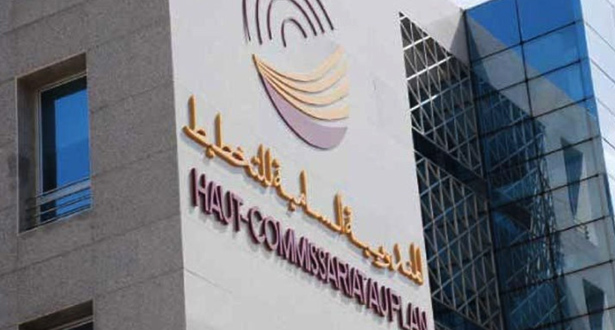In the second quarter of 2024, Morocco’s economy posted a growth rate of 2.4%, slightly down from 2.5% in the same period in 2023, according to the national accounts. This modest growth was driven by non-agricultural activities, which rose by 3.2%, while the agricultural sector saw a significant decline of 4.5%.
Sectoral performance: The primary sector’s added value, adjusted for seasonal variations, contracted by 5%, compared to an increase of 1.2% in Q2 2023. Agriculture’s contribution fell by 4.5%, while the fishing sector experienced a sharp decline of 14.7%.
Conversely, the secondary sector showed improvement, with a 3.8% rise in added value, reversing a 2.4% decline from the previous year. This rebound was fueled by:
- A remarkable 23.6% growth in the extractive industries (compared to a 9.6% drop last year),
- A 3.6% rise in construction and public works (versus a 2.4% decline),
- A 2.9% increase in manufacturing industries (compared to a 1.6% drop).
However, the electricity and water sector saw a decline of 6.3%, in contrast to a 0.8% increase in the previous year.
The tertiary sector, which includes services, experienced a slowdown, with growth decelerating from 5% in Q2 2023 to 3.1% in Q2 2024. Key areas such as accommodation and food services saw a sharp decline in growth (9.3% compared to 32.8% last year), while sectors like transport, education, healthcare, and financial services also posted lower growth rates.
Macroeconomic context: Despite the economic slowdown, Morocco managed to maintain controlled inflation, with a general price increase of 1.2% in Q2 2024, down from 7.3% in the same period in 2023.
Domestic demand and investment surge: Domestic demand surged by 5%, contributing 5.2 points to economic growth, a significant improvement from 0.01 points a year earlier. Household consumption rose by 3.1%, and public consumption, though slowing, grew by 3.8%. Investments (gross fixed capital formation) grew by 8.9%, reversing a 4.2% decline from 2023, contributing 2.7 points to growth.
External trade: Both imports and exports increased significantly in Q2 2024, with imports rising by 12.9% and exports by 7.8%. However, the strong growth in imports led to a negative contribution of 2.9 points to overall growth, compared to a positive contribution of 2.5 points in Q2 2023.
National financing needs: With a slowdown in nominal GDP growth to 3.6% from 9.8% in 2023, Morocco’s gross national income growth decelerated to 3.7%. The savings rate decreased slightly to 32.1% of GDP, and gross investment accounted for 33.2%, leading to a financing need of 1.1% of GDP.





